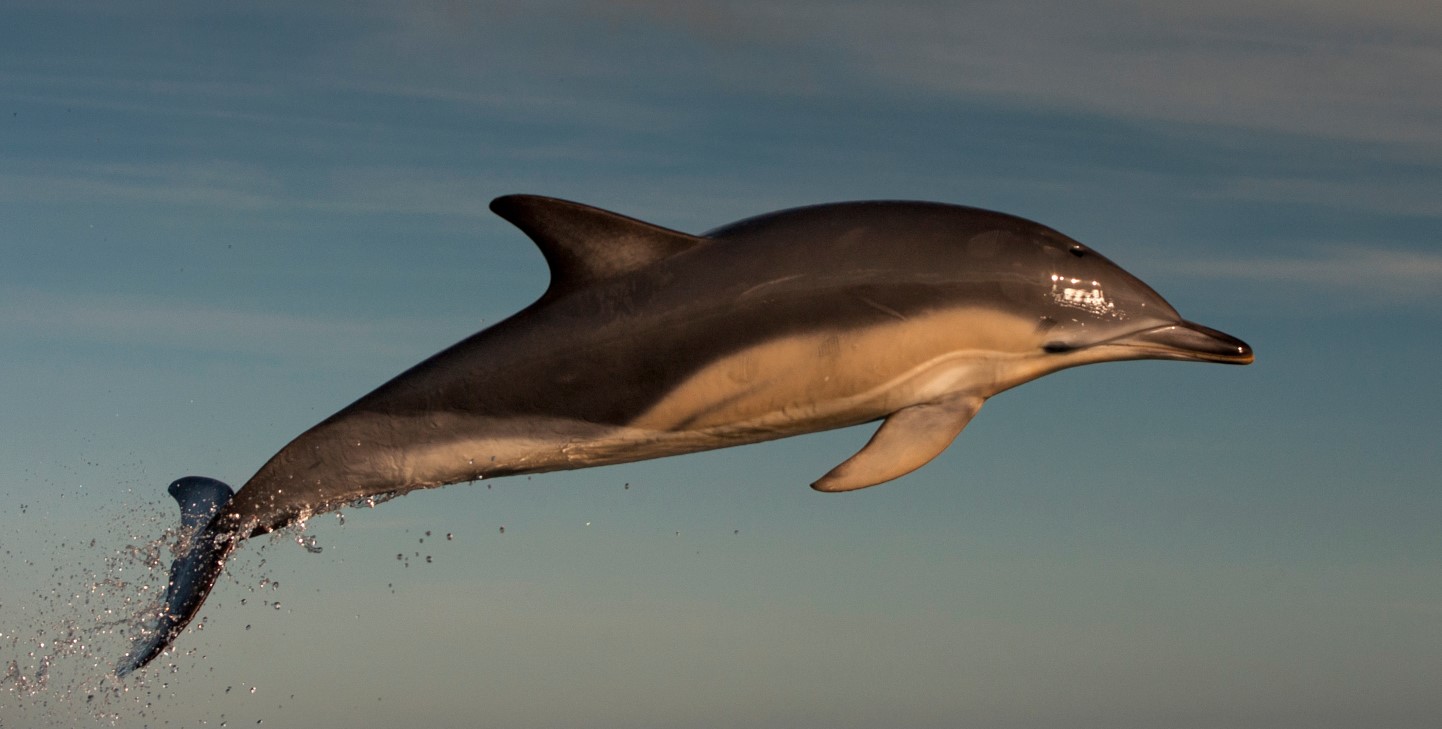From the postcard-perfect Coral Bay to the hidden beauty of Secret Cove, these spots promise stunning photos and unforgettable views.
GVI
Posted: August 29, 2024

Petrina Darrah
Posted: May 17, 2023
Marine mammals are a fascinating group of animals that have captivated humans for centuries. From their intelligence to their incredible abilities, marine mammals never cease to amaze us. But, did you know that some marine mammals are also incredibly fast? In this article, we’ll explore the top contenders for the title of the fastest marine mammal and learn more about what makes them so exceptional.
Before we dive into the topic of the fastest marine mammal, let’s first define what we mean by “marine mammal”. Marine mammals are a group of animals that have adapted to life in the water. They include whales, dolphins, porpoises, seals, sea lions, and manatees. These animals have several adaptations that allow them to live in aquatic environments, including streamlined bodies, blubber for insulation, and specialised breathing mechanisms.
Marine mammals are important indicators of ocean health. As apex predators, they play a critical role in maintaining the balance of marine ecosystems. By studying marine mammals, scientists can gain valuable insights into the health of our oceans, including the impact of climate change and human activities on marine life.
So, which marine mammal is the fastest? Let’s explore the top contenders:
The common dolphin (delphinus delphis) is a small, streamlined marine mammal that is found in oceans all over the world. These dolphins are known for their playful behaviour and acrobatic skills, but they are also incredibly fast. Common dolphins can swim at speeds of up to 60 kilometres per hour (37 miles per hour), making them the fastest marine mammal.
Common dolphins are social animals that live in groups called pods. They are also skilled hunters and use their speed to chase down prey such as fish and squid. When hunting, common dolphins will work together to create a “wall of sound” that herds fish into a tight ball, making them easier to catch.
The orca (orcinus orca), also known as the killer whale, is a large, toothed whale that is found in oceans all over the world. Orcas are apex predators and are known for their intelligence, hunting skills, and social behaviour. They are also incredibly fast swimmers, with speeds of up to 56 kilometres per hour (34.8 miles per hour).
Orcas are highly adaptable animals that can hunt a variety of prey, including fish, squid, and other marine mammals. They use their speed and agility to hunt in groups called pods, often working together to corral prey or knock them off ice floes.
The dusky dolphin (lagenorhynchus obscurus) is a small, slender dolphin that is found in the coastal waters of South America, New Zealand, and southern Africa. These dolphins are known for their acrobatic abilities and playful behaviour, but they are also incredibly fast swimmers. Dusky dolphins can swim at speeds of up to 55 kilometres per hour (34 miles per hour).
Dusky dolphins are highly social animals that live in groups called pods. They are also skilled hunters and use their speed to chase down prey such as fish and squid. When hunting, dusky dolphins will work together to create a “wall of sound” that herds fish into a tight ball, making them easier to catch.

While the common dolphin, orca, and dusky dolphin are the fastest marine mammals, there are several other fast-swimming marine mammals worth mentioning:
The shortfin pilot whale (globicephala macrorhynchus) is a medium-sized toothed whale that is found in oceans all over the world. These whales are highly social and live in groups called pods. Shortfin pilot whales are also incredibly fast swimmers, with speeds of up to 56 kilometres per hour (34.8 miles per hour). They are known for their deep dives, which can last for up to 45 minutes, allowing them to hunt for deepwater squid and fish.
The common minke whale (balaenoptera acutorostrata) is a small baleen whale that is found in oceans all over the world. These whales are fast swimmers, with speeds of up to 38 kilometres per hour (23.6 miles per hour). Common minke whales are also known for their acrobatic abilities, often breaching out of the water.
The common seal (phoca vitulina) is a small pinniped that is found in coastal waters of the North Atlantic and North Pacific oceans. These seals are agile swimmers, with speeds of up to 30 kilometres per hour (18.6 miles per hour). They are skilled hunters and feed on a variety of fish and invertebrates.
So, what allows these marine mammals to swim at such incredible speeds? There are several factors that contribute to their speed:
If you’re interested in learning more about marine mammals and their habitats, volunteering with GVI can be an excellent way to gain hands-on experience. GVI offers marine conservation programs that allow volunteers to work alongside marine biologists and conservationists to collect data, monitor populations, and help protect marine habitats. Through these programs, volunteers can learn about marine mammals, their behaviours, and the threats they face, all while making a positive impact on the environment. By volunteering with GVI, you can gain a deeper appreciation for these incredible animals and help to ensure their survival for generations to come.
Marine mammals are an incredible group of animals that never cease to amaze us. From their intelligence to their speed, they are truly remarkable creatures. While the common dolphin currently holds the title of the fastest marine mammal, there are several other contenders that are also incredibly fast. By studying these animals, scientists can gain valuable insights into the health of our oceans and the impact of human activities on marine life.
By Petrina Darrah

From the postcard-perfect Coral Bay to the hidden beauty of Secret Cove, these spots promise stunning photos and unforgettable views.
GVI
Posted: August 29, 2024